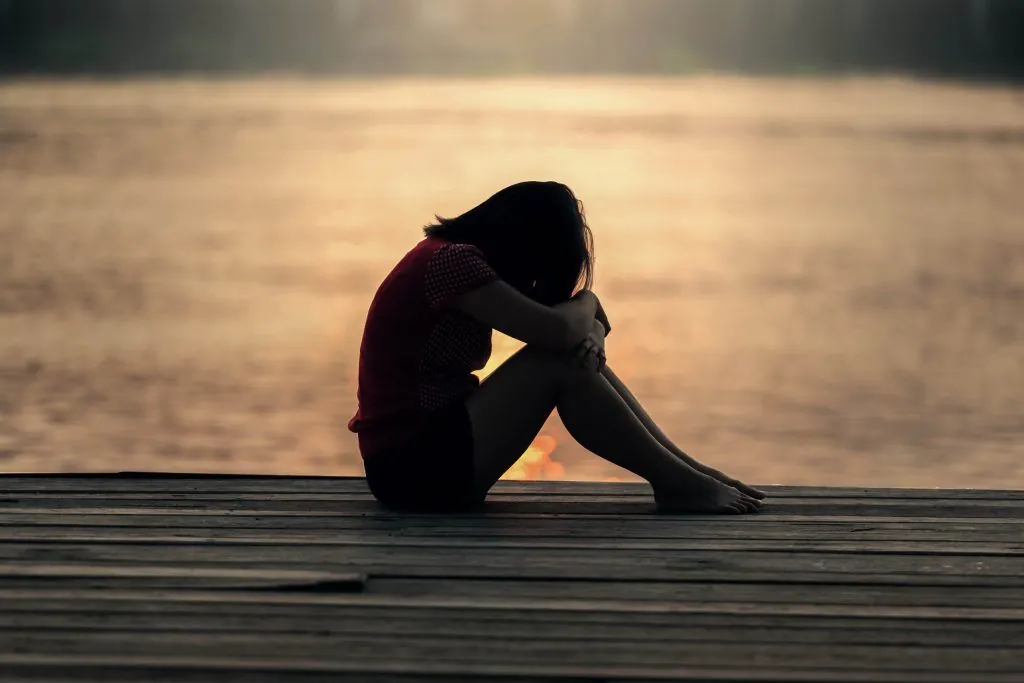Grief and Loss – What to Expect when an Unexpected Death Happens
I’m Ed Smith, a wrongful death lawyer in Sacramento. When an unexpected death of a loved one happens, you may experience different types of emotions as you go through the grieving process. You will initially be in shock, which is the beginning stage of grief. Other feelings you may experience include:
- Anger
- Confusion
- Denial
- Despair
- Disbelief
- Guilt
- Sadness
- Yearning
These are all standard and normal reactions to the loss. You probably won’t be prepared to handle the intensity of your emotions. You may also start to question your mental health stability. However, all these feelings are natural and will eventually help you heal.
Coping with the Loss
It’s never easy dealing with a loved one’s death. You may continue to grieve for a long time. Grieving is how you express your emotions when you’re experiencing a major loss. You will likely show not only emotional grief but also physical and psychological grief as well. For example, while crying is considered a physical expression, depression is psychological. However, it’s critical that you allow yourself to express these emotions. Suppressing your feelings and isolating yourself from the pain may only cause emotional or physical illness in the future.
Watch YouTube Video: How to Overcome Grief, Loss, and Bereavement | The Speakmans. This educational video created by Nik and Eva Speakman is aimed at helping people overcome grief and loss.
Dealing with Emotional and Physical Pain
When your grief becomes severe, you may start to feel some physical distress. Some of the symptoms include:
- Loss of appetite
- Loss of sleep
- Intestinal upsets
- Sleep disturbances
- Stomach pain
In addition to physical pain, you may also experience intense emotional reactions. These indicators include:
- Anxiety attacks
- Chronic fatigue
- Depression
- Obsession with the deceased person
- Thoughts of suicide
Coping with a Major Loss
Dealing with a loved one’s death is a painful process. How you react to the situation is influenced by the circumstances surrounding the death and also by your relationship with the loved one.
- Death of your child – you may feel an overwhelming sense of unfairness for your child’s unfulfilled dreams. You may feel guilty and blame yourself for your child’s death. You may also feel that you’ve lost a part of your identity.
- Death of your spouse – this may cause traumatic and emotional shock. The death may also cause a possible financial hardship especially if your spouse provided the primary source of income. You may have difficulties adjusting to single life, parenting alone or even returning to work.
- Death of a parent – you may experience feelings of vulnerability and a sense of loss of your link with the past. You may also long for your parent for support in your time of needs.
Coping with Grief
It’s natural to experience pain and sorrow when someone you love dies. Allowing yourself to grieve is the best thing you can do for your physical and mental health. Some ways you can cope with grief include:
- Find caring people – reach out to friends and family who care about you and know your pain. Join a support group and express your feelings with those who are going through similar experiences.
- Express yourself – talking to people about your feelings will help you heal faster through the grieving process.
- Take care of yourself – eat a balanced meal, get plenty of sleep and maintain an active lifestyle. Stay in contact with your doctor and be careful with using medication or alcohol to numb your pain.
- Be patient – It will take a long time to accept the loss of your loved one. Take your time with the grieving process.
- Seek help – If you are having a difficult time dealing with your grief, talk to a therapist. Seeking professional help is a sign of strength and not a weakness.
Moving Forward
It will take time for you to fully realize that your loved one is gone. With love, support, effort and patience, you can eventually move towards overcoming this grief. The pain may never completely go away, and you surely will never stop missing that love you shared with your loved one. However, the pain will ease someday, leaving you with beautiful and cherished memories of your loved one.
Sacramento Wrongful Death Lawyers
I’m Ed Smith, a wrongful death lawyer in Sacramento. Coping with grief and loss is a painful process. If you’ve lost a loved one unexpectedly in a wrongful death, call me at (916) 921-6400 or (800) 404-5400 for free, friendly and compassionate legal advice.
I’m a member of the Million Dollars Advocates Forum.
See our Past Verdicts and Settlements page.
Find out what our clients are saying about us on Google, Yelp, Avvo.
Photo by Martijn Adegeest from Pexels.
:cha [cs 794] cv

